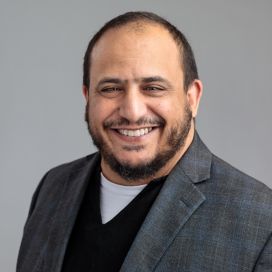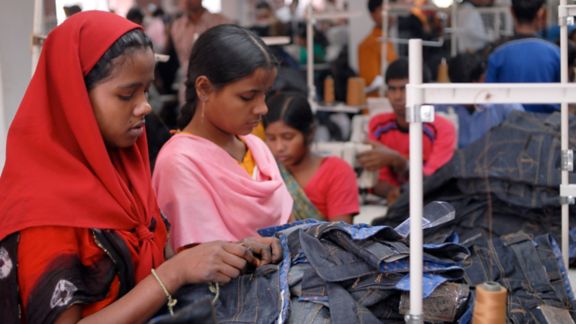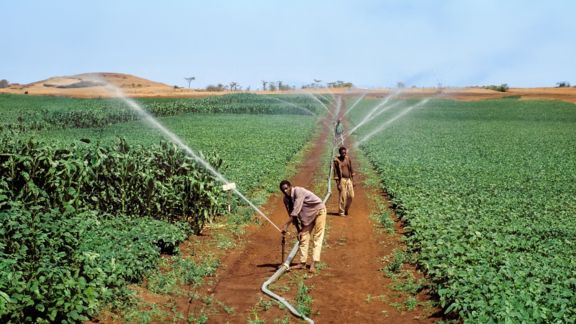Evaluating USAID’s Counter-Trafficking Efforts in Cambodia

The U.S. Agency for International Development (USAID) commissioned NORC at the University of Chicago to design and implement an impact evaluation of USAID/Cambodia's Counter-Trafficking in Persons (C-TIP) Activity. The assessment was part of USAID’s Democracy Human Rights and Governance: Learning, Evaluation, and Research (DRG-LER) activity.
Human trafficking in Cambodia occurs in many forms, ranging from sex trafficking to labor trafficking. The central goal of the impact evaluation, which focused on labor trafficking, was to determine if a job-seeking platform, coupled with workplace professionalism training, can decrease trafficking vulnerabilities among at-risk persons (ARPs) in Cambodia by improving their economic outcomes, or can reduce unsafe migration behaviors among ARPs.
NORC employed mixed methods, combining qualitative key informant interviews with a rigorous randomized controlled trial (RCT) design involving random assignment of 28 communes to receive Treatment 1 and 19 communes to receive Treatment 2. Treatment 1 administered a job-seeking platform developed by Winrock International and workplace professionalism training. Treatment 2 added a customized bundle of activities to Treatment 1, offering technical assistance to ARPs, such as animal raising trainings and saving groups, based on community-specific needs. Twenty-eight communes were also randomly selected to serve as the business-as-usual control group. We collected quantitative data on ARPs and ARP households using a survey of 2,665 at-risk households and qualitative information from interviews with project implementation staff and program beneficiaries.
Following the collection and analysis of the endline data, we found some evidence of program effectiveness in changing ARP knowledge and usage of formal sources of information, but uptake of the job-seeking platform was low. We also found some evidence of program effectiveness in ARP attitudes about human trafficking, but no changes in willingness to migrate. Recognizing the likelihood that many young men had already migrated at the time of our evaluation, the evaluation recommended USAID work with local community organizations to identify at-risk young men earlier, before they migrate, and design interventions to prevent them from migrating unsafely for work.
Related Tags
Project Leads
-
Roy Ahn
Vice PresidentProject Director -
Protik Ali
Principal Research ScientistPrincipal Investigator -
Brian Kirchhoff
Senior Research DirectorSurvey Director -
Kareem Kysia
Program Area DirectorSenior Staff -
Clifford Zinnes
Senior FellowSenior Staff











